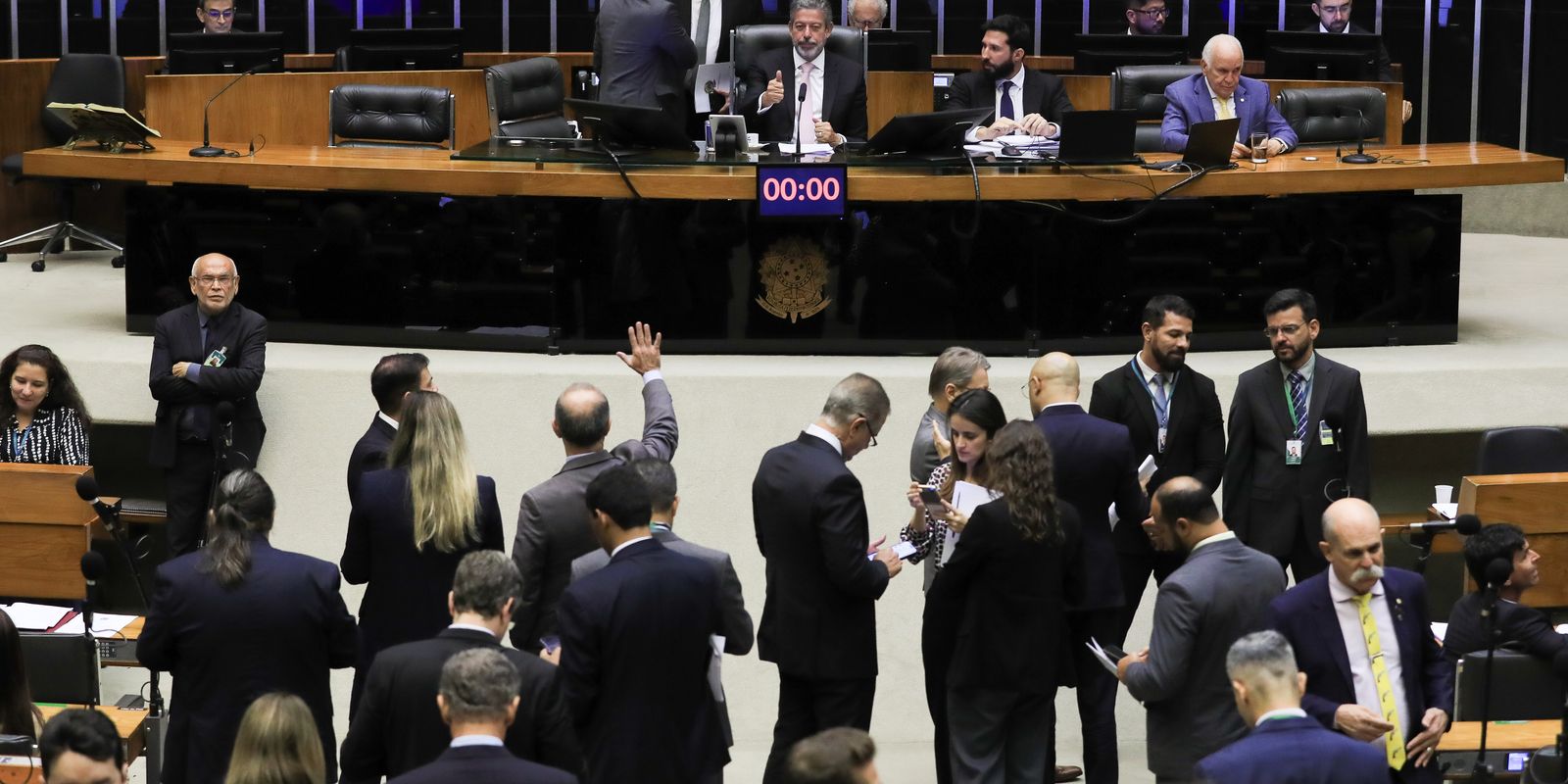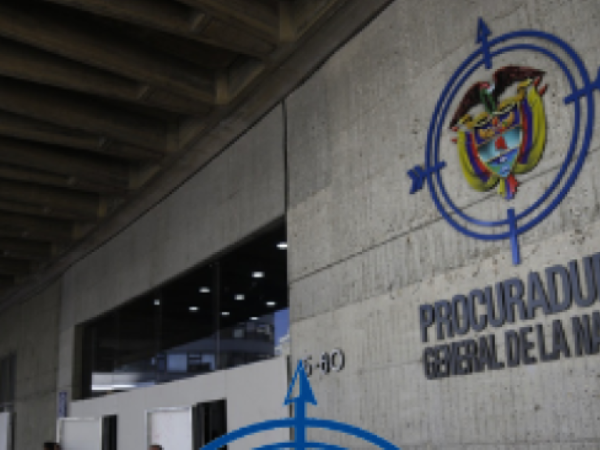The Plenary of the Chamber of Deputies approved, this Wednesday (4), by more than 260 votes in favor, the urgency of the bills that make up the spending cut package announced by the government to adapt the budget to the fiscal framework. Voting on the merits of the proposals is scheduled for next week.
With criticism from the opposition and allied parties, the government leader in the Chamber, deputy José Guimarães (PT-CE), justified that the urgency is to signal commitment to the agenda, but that the merit will be widely debated next week.
“Of course, we will discuss, at the right time, the merits of the matters. Many of you rightly place restrictions on us regarding the project, what is contained in the BPC [Benefício de Prestação Continuada]to the changes that the government is suggesting; Many people ponder Bolsa Família”, he pondered.
Guimarães also warned that the government is committed to negotiating a solution for the payment of parliamentary amendments, “which are legitimate and need to be implemented in accordance with what the parliamentarians indicated”.
When releasing payment for amendments, the Federal Supreme Court (STF) imposed criteria for transparency and traceability of resources not provided for in the Law on amendments approved by parliament and sanctioned by President Luiz Inácio Lula da Silva.
In an interview with the Jota news portal, the president of the Chamber, deputy Arthur Lira (PP-AL), acknowledged that the STF’s decision created difficulties for the progress of projects in the Chamber.
Cuts package
Bills 210/2024 and 4612/2024, which were urgently approved, limit the real growth of the minimum wage to 2.5% above inflation, among other changes. Currently, the minimum wage is adjusted based on the growth of the Gross Domestic Product (GDP) in the previous two years.
The package also provides for stricter registration rules for Bolsa Família and BCP, in addition to new criteria for access to the BPC, which is the benefit paid to people with disabilities and low-income elderly people who were unable to meet the requirements to access retirement.
Deputies and parties that support the government presented restrictions on these cuts. PT deputy Valmir Assunção (PT-BA) asked the government’s economic team to review these restrictions on the BPC.
“We cannot accept that, in the name of fiscal adjustment, in the name of cutting expenses, it becomes difficult for people with disabilities or the elderly to access the BPC, because the BPC is a fundamental instrument for the poorest people in society” , he stated.
The leader of the PSB, the government’s base party, deputy Gervásio Maia (PSB-PB), stated that the party votes for urgency, but asked for dialogue in relation to the merits. “We understand that we need to talk from now on regarding merit,” he said.
The opposition led by PL and Novo obstructed the vote. Leader Marcel van Hatten (Novo-RS) called for a greater spending cut. “It is imperative that this Parliament makes the necessary amendments to provide a true fiscal adjustment to Brazil and not this project, which only generated even greater worsening of the market,” he stated.
PSOL indicated the vote against because it understands that there should be no restrictions on the minimum wage and the BPC, as explained by the party leader, deputy Chico Alencar (PSOL-RJ).
“And these proposals are not insufficient because they restrict little, cut few expenses for the poorest; they are wrong because they affect exactly the poorest. This is the old ultra-neoliberal game”, said the parliamentarian from Rio de Janeiro.















